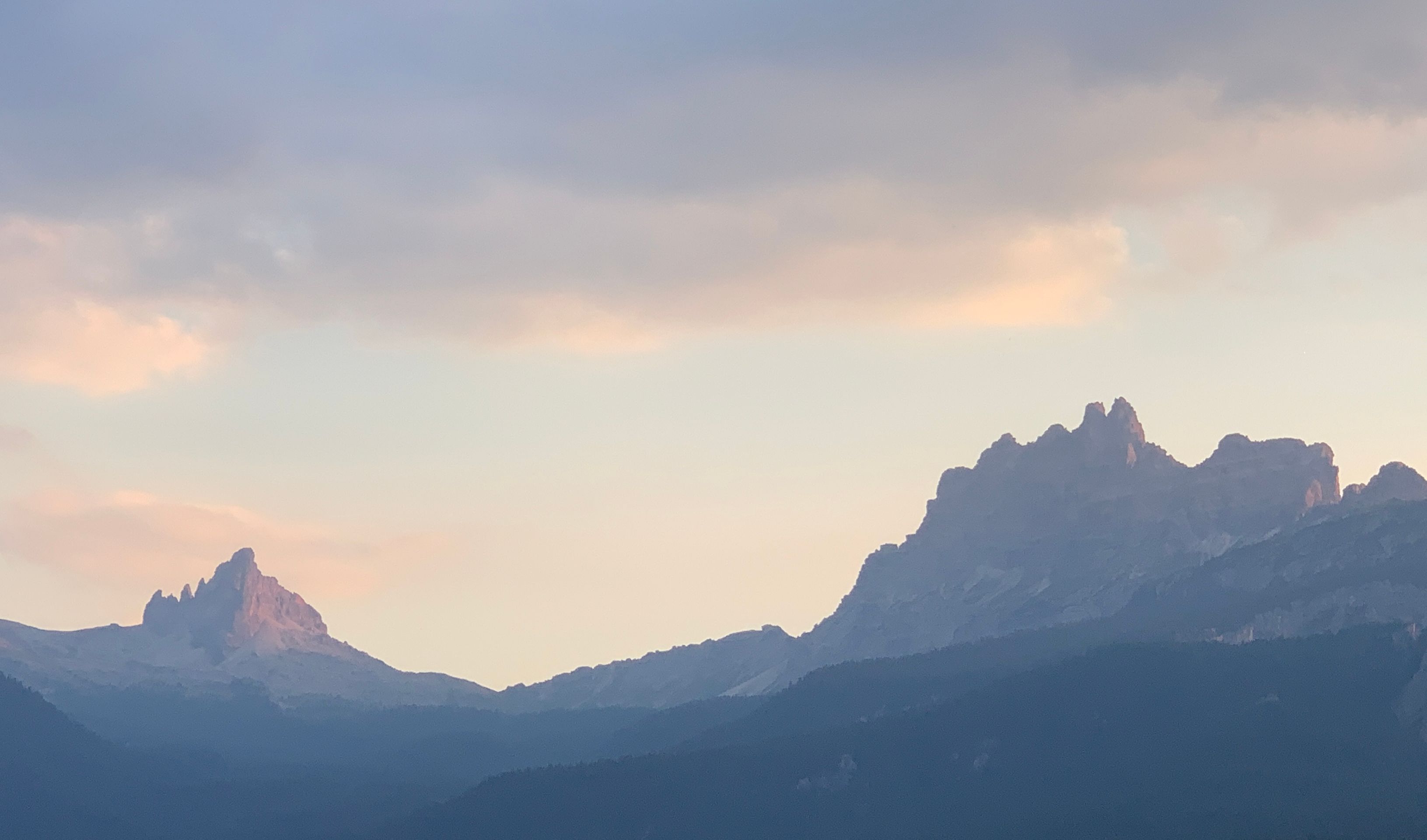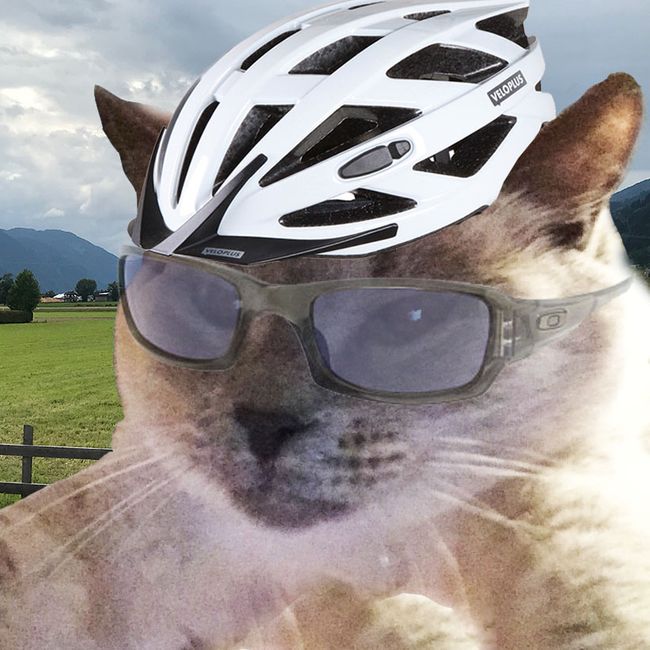Cusco and Aguas Calientes - the culture shock
Nəşr edilmişdir: 20.10.2018
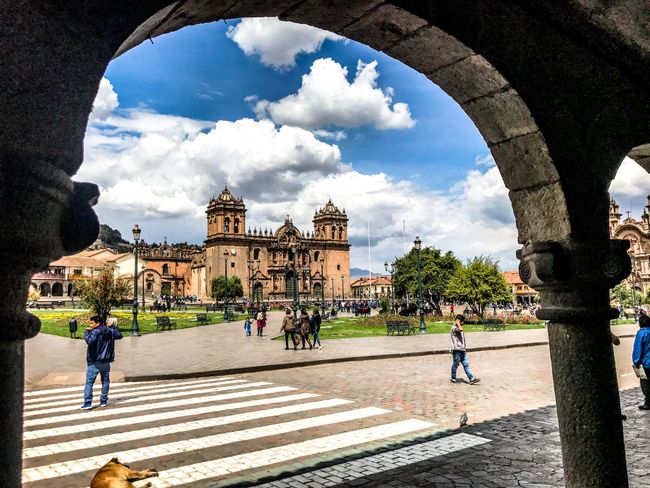
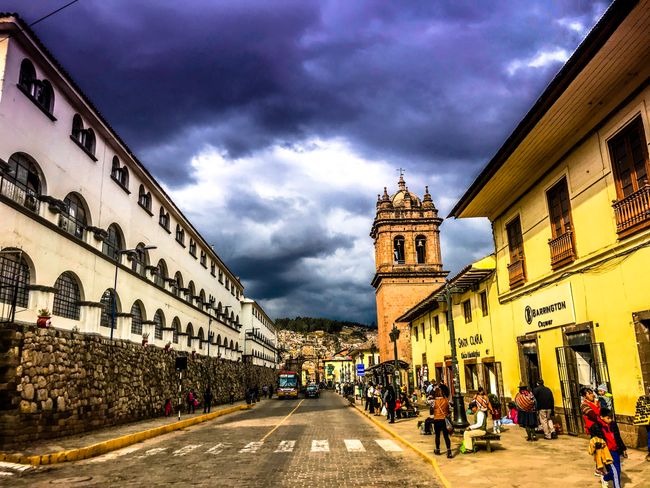
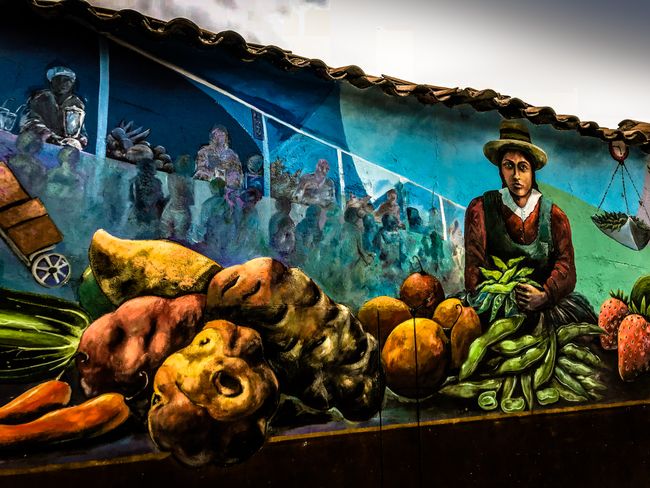
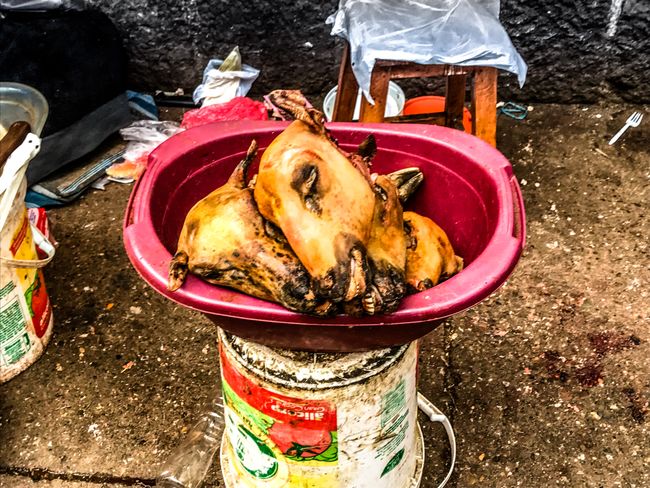
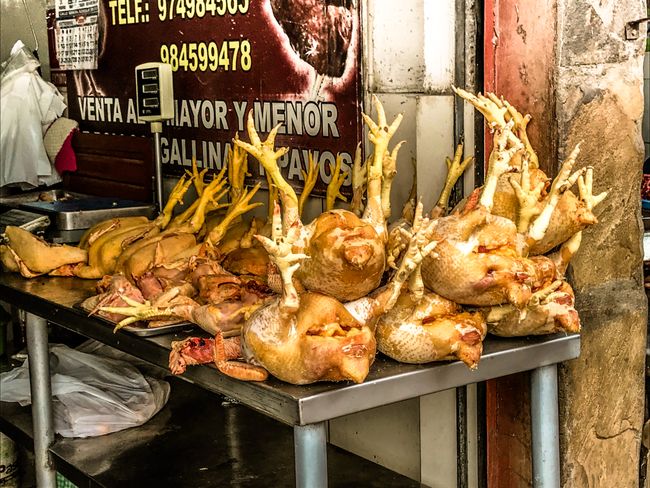
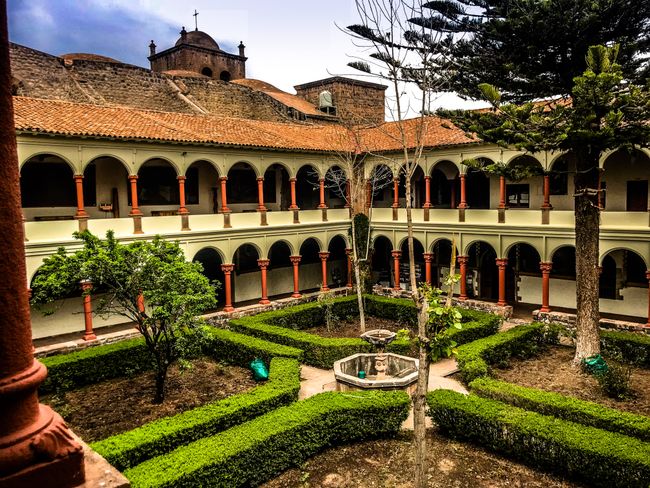
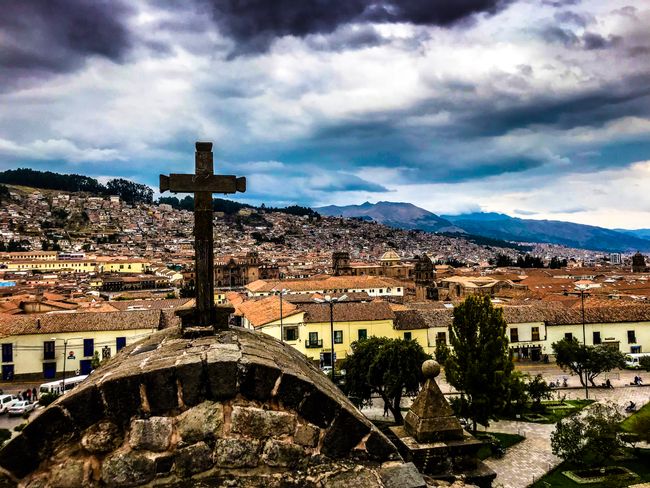
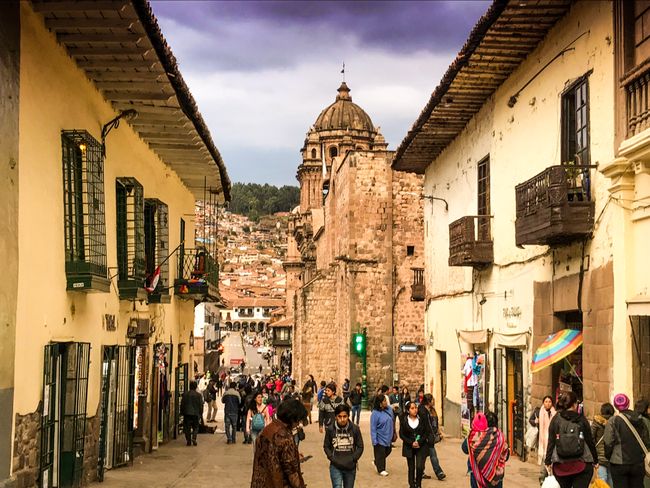
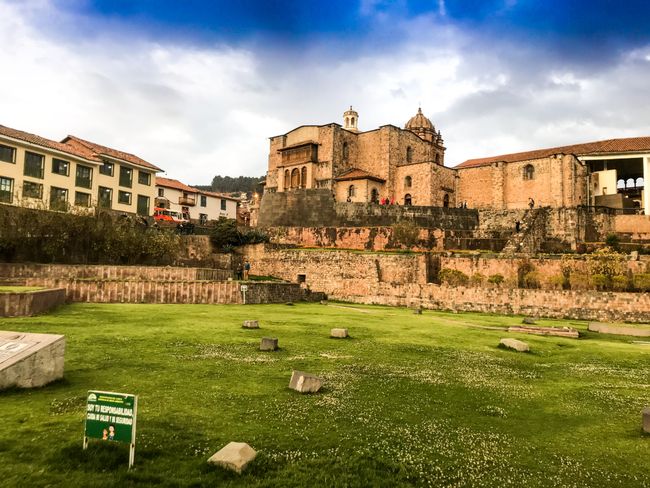
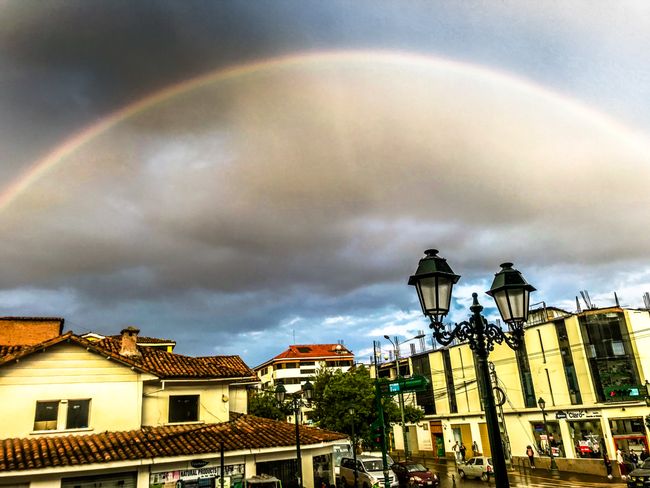
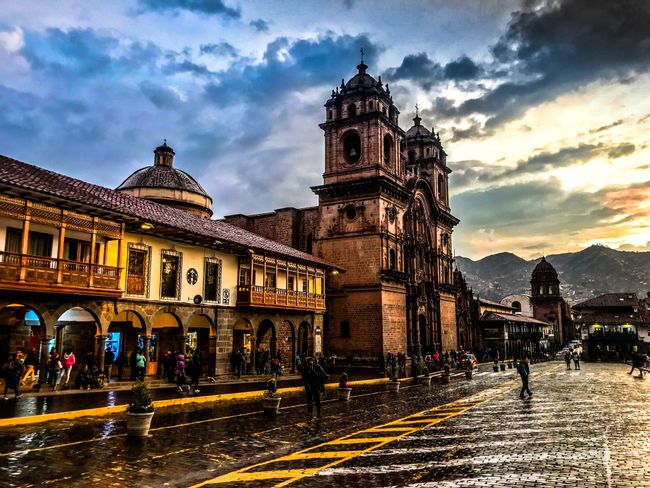
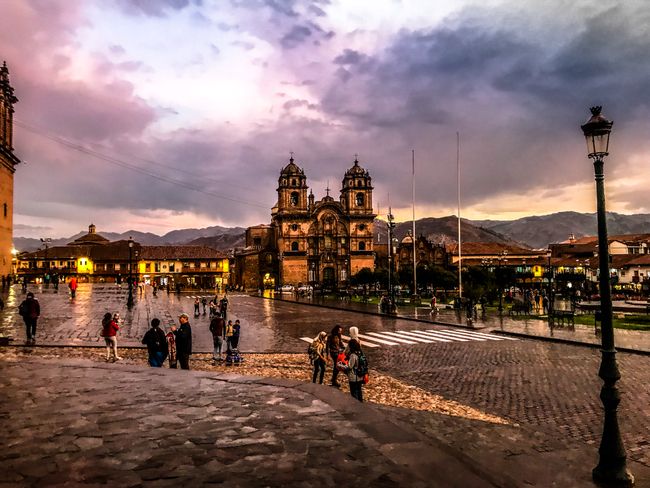
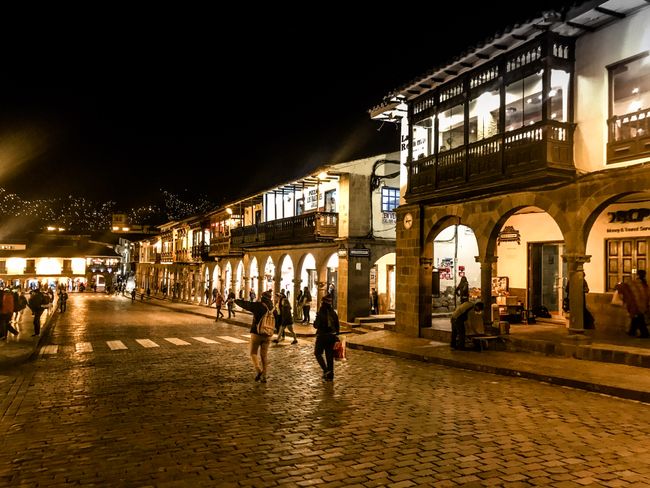
Bülletenə abunə olun
It was a bit to be expected, but when we started our first exploration of the 'most beautiful city in South America', we already felt a bit of alien feeling. It had started spectacularly. The approach to Cusco is not for beginners, and as a passenger, you can practically count the trees on the mountain slopes on both sides. However, there wasn't much going on in the largest tourist hotspot in the Andes with Bolivian efficiency, and the somewhat strange paths of Cusco airport (into the terminal, out onto the runway, back into the terminal) are unfathomable.
As we drove along the streets towards the center, it was already clear that it is much more modern here, and of course, everything in the center is immaculate. Our hotel is located on a side street only about 100 meters from the main square, the Plaza de las Armas (by the way, they are called that in almost all of South America). A beautiful old house in colonial style, a little uphill with several floors and courtyards.
Behind the beautiful colonial facades, Cusco also hides cultural highlights such as McDonald's, KFC, and Starbucks (as if there were no good coffee in South America). So we are back in Western civilization, as of 2018. What also immediately catches the eye and annoys: especially around the main square, there are dozens of traders, tour operators, and customer catchers for restaurants, and unlike peaceful Bolivia, they are persistent and intrusive. But business is tough, and if you want your share of the money from the hundreds of tourists (including us), you have to get up early.
The crowds moving through the city center, waving selfie sticks, posing, and frequenting the many souvenir shops, are impressive. It's a bit overwhelming for us right now, so we escape the hustle and bustle to a quiet suburban neighborhood. We find a courtyard with several simple restaurants where old men drink beer with ... Coca-Cola (...) and debate loudly. We have two of the five available menus that taste simply excellent. We would have liked to have a ceviche, but unfortunately it is not on the menu, until suddenly a flying vendor with a belly full of plastic cups of ... ceviche appears at our table. Now we feel at home and dare to go back to the center. We explore a few chaotic and dirty market streets with dead chickens and a lot, a lot of meat, and take a guided tour of the Convento de San Francisco. We also visit a post office, where we can buy ugly stamps for our beautiful postcards.
For dinner, we find a small nice restaurant where I finally get my anticuchos (beef heart skewers), which actually taste delicious.
The day before yesterday was dedicated to the journey to the main goal of this vacation - Machu Picchu. Once again, getting up at 6 am, we had already ordered a taxi as a precaution and were driven by it to the small town of Porroy in about 30 minutes, from where the trains to Aguas Calientes, the starting point for Machu Picchu, depart. We had already bought the train tickets as well as the entrance ticket to the wonder of the world online about two months ago. If you now think of the romantic images of a train with traditionally dressed Peruvians on the roof amidst the breathtaking Andean landscape - those times are long gone. Today you can choose from three completely overpriced types of trains. The first two are similar, with one set having larger windows that are supposed to offer a better view of the Sacred Valley. The third option is the 'Hatun Bingham', which can be booked for the modest sum of USD 430 (mind you, only one way) and has even made an appearance on the 'Dream Ship' TV show. Since both the price and the 'Dream Ship' give me a rash, we decided on the middle option. Regarding Bingham, it should be mentioned that the average monthly income of a Peruvian is just under USD 500.
The panoramic windows of the middle option are great, provided one does not drive backwards for 3½ hours and does not sit, as apparently inevitable on these vacations, on the wrong side again. However, there are cloth napkins and real cutlery with which you can eat a sandwich. Finally, the bar car comes by, and you can have a Pisco Sour mixed for an additional charge, which almost thrilled the American senior group in the car. I found the whole thing quite creepy and would rather have taken a 'normal' train. Such a train actually exists, but explicitly not for tourists. Well, the ordeal was over at some point, and we reached Aguas Calientes, a rather strange village clinging to the steep riverbank in the midst of this wild valley. From a distance, the scenery almost resembles a Tibetan monastery in the cloud-covered mountains (by the way, I have never been there), but upon closer inspection, it turns out to be a top-notch tourist hub. French bakery, pizza, pizza again, pub, souvenirs, souvenirs, souvenirs, pizza...
We then used the afternoon for a walk to an eco-hostel 4km away, which has created a huge natural garden in the jungle, where a beautiful waterfall can also be admired. Despite the rain starting, it was totally peaceful. The path runs mostly next to or on the rail tracks, and we encountered a true mass migration (probably some trekkers on the Inca Trail) coming towards us. So now we're back at the hotel, have made friends with the peculiar town, and had an excellent dinner at the restaurant 'Bahnhöfli' aka Estacion. So we are preparing ourselves for the long-awaited visit to Machu Picchu the next day. However, the anticipation is somewhat dampened by the certainty that we will definitely not be alone there!
Bülletenə abunə olun
Cavab verin
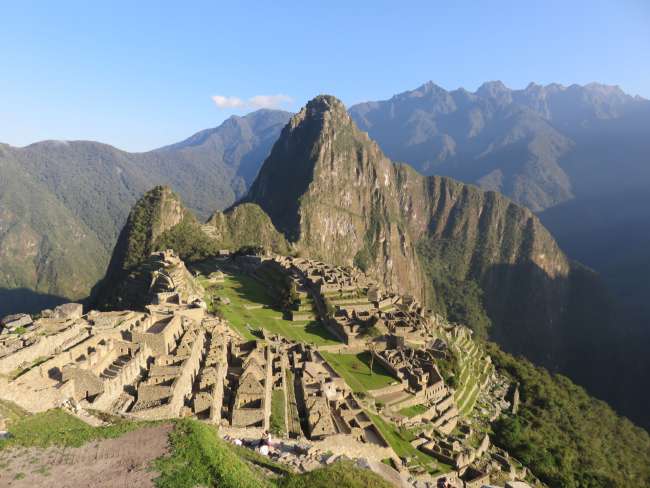
Səyahət hesabatları Peru
